
Water is one of the most essential resources for our daily existence and it's important that we have access to clean and safe water. Thankfully, with the help of modern technology, we can make this a reality for everyone around the world. One such technology is the supply water system. It is a comprehensive solution that provides access to clean water to a large number of people in the community. The system includes various components such as pipes, pumps, valves, filters, and control systems, all working together to deliver high-quality water to homes and businesses.
Introduction:
Water supply systems are the backbone of society, ensuring the availability of clean and safe water for various purposes. In this article, we will explore the components, processes, and importance of water supply systems, shedding light on their vital role in sustaining life and promoting public health.
Understanding Water Supply Systems:
Water supply systems encompass a complex network of infrastructure, technologies, and processes designed to extract, treat, store, and distribute water to communities. These systems ensure a reliable and continuous supply of water for domestic, industrial, and agricultural needs.
Components of Water Supply Systems:
a. Water Sources: Water supply systems rely on diverse sources such as rivers, lakes, reservoirs, groundwater, and even desalination plants to obtain water for treatment and distribution.
b. Water Treatment Plants: Water from natural sources undergoes treatment processes to remove impurities, microorganisms, and contaminants, ensuring its safety for consumption.
c. Storage Facilities: Water supply systems include reservoirs and water towers that store treated water, providing a reserve supply during peak demand or emergencies.
d. Distribution Networks: Extensive networks of pipes, valves, and pumps transport water from treatment plants to individual households, businesses, and public facilities.
Water Treatment Processes:
a. Coagulation and Flocculation: Chemicals are added to raw water to bind and settle suspended particles, forming larger floc particles that can be easily removed.
b. Sedimentation: The water is then allowed to settle, allowing the floc particles to settle at the bottom of the treatment tank.
c. Filtration: Water passes through filters, typically consisting of layers of sand, gravel, and activated carbon, which remove remaining impurities and microorganisms.
d. Disinfection: Chlorine or other disinfectants are added to kill any remaining harmful bacteria, viruses, or parasites.
e. pH Adjustment: The pH level of the water is adjusted to meet regulatory standards and ensure it is safe for consumption.
Importance of Water Supply Systems:
a. Public Health: Access to clean and safe water is essential for maintaining public health, preventing waterborne diseases, and promoting overall well-being.
b. Sanitation and Hygiene: Water supply systems support proper sanitation practices, enabling the availability of water for personal hygiene, handwashing, and waste management.
c. Economic Development: Reliable water supply systems are crucial for economic growth, supporting industries, agriculture, and commercial activities.
d. Environmental Sustainability: Water supply systems incorporate measures to conserve and manage water resources, promoting sustainable usage and minimizing wastage.
e. Emergency Preparedness: Robust water supply systems ensure a constant water supply during emergencies, natural disasters, or times of crisis, meeting the basic needs of communities.
Maintenance and Upgrades:
Regular maintenance, inspections, and infrastructure upgrades are essential to ensure the efficiency and reliability of water supply systems. This includes monitoring water quality, repairing leaks, and upgrading treatment technologies to meet evolving standards.
Conclusion:
Water supply systems are indispensable in providing clean and safe water to communities, sustaining life, and supporting societal development. Understanding the components, processes, and importance of these systems allows us to appreciate their critical role in securing our most precious resource.
Why Choose Us? The number of pumps can be customized according to customer needs. The water supply system has many advantages such as energy saving, pollution-free, small area, quick installation, reliable operation, and convenient maintenance.It is widely used in high-level and high-pressure water supply, fire water supply, domestic water, municipal water supply, urban environmental protection, etc. Supply water systems are a vital technology that can help us provide clean, safe, and reliable water to communities around the world. Their customizability, reliability, and ease of maintenance make them a great investment for any community. With the help of these systems, we can continue to ensure that everyone has access to the water they need to lead healthy and productive lives.
 English
English عربى
عربى
 Fire Pump and System
Fire Pump and System Split Case Pump
Split Case Pump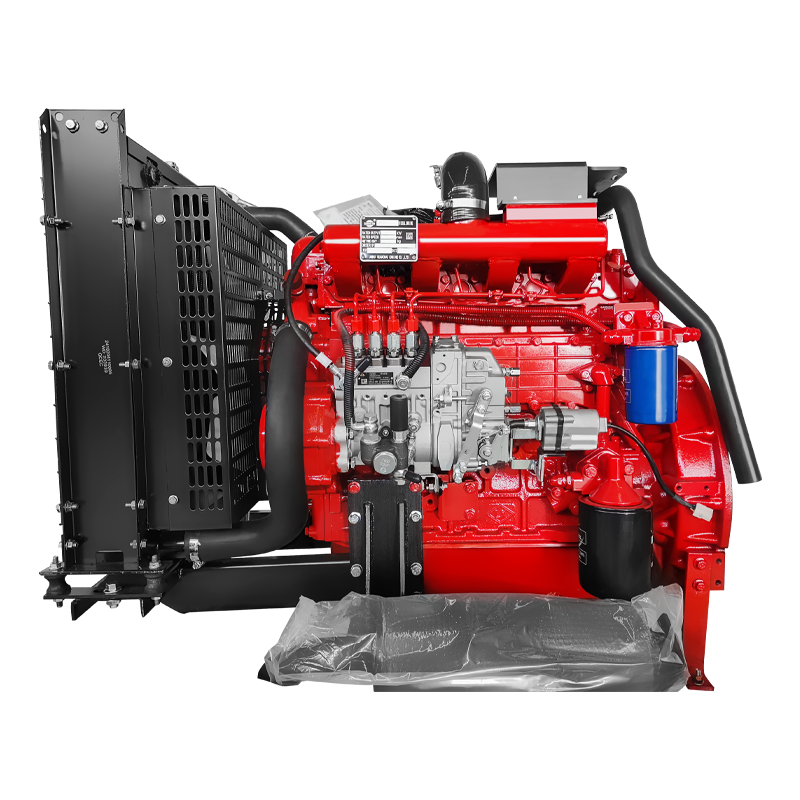 Engine and Pump
Engine and Pump Long Shaft Pump
Long Shaft Pump Multistage pump
Multistage pump Water Supplier System
Water Supplier System Sewage Pump
Sewage Pump Industrial Pump
Industrial Pump Self-Priming Pump
Self-Priming Pump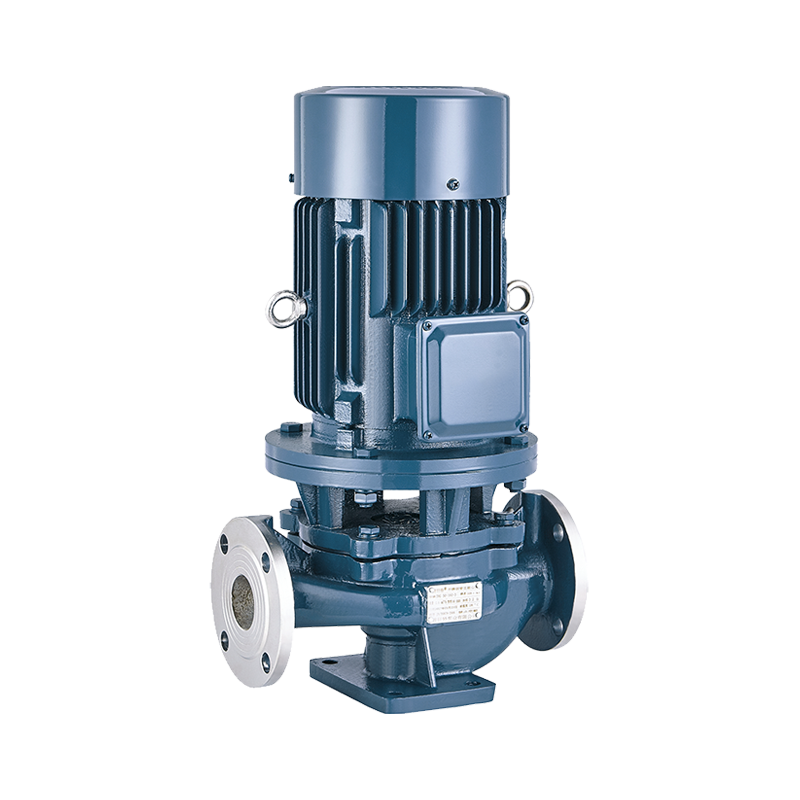 Inline Pump
Inline Pump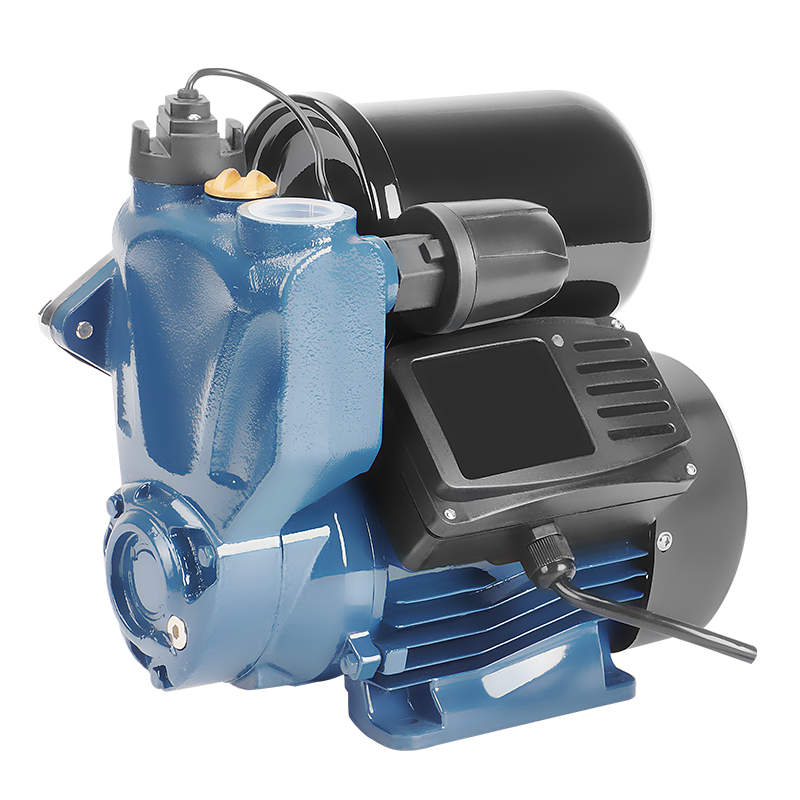 Domestic Pump
Domestic Pump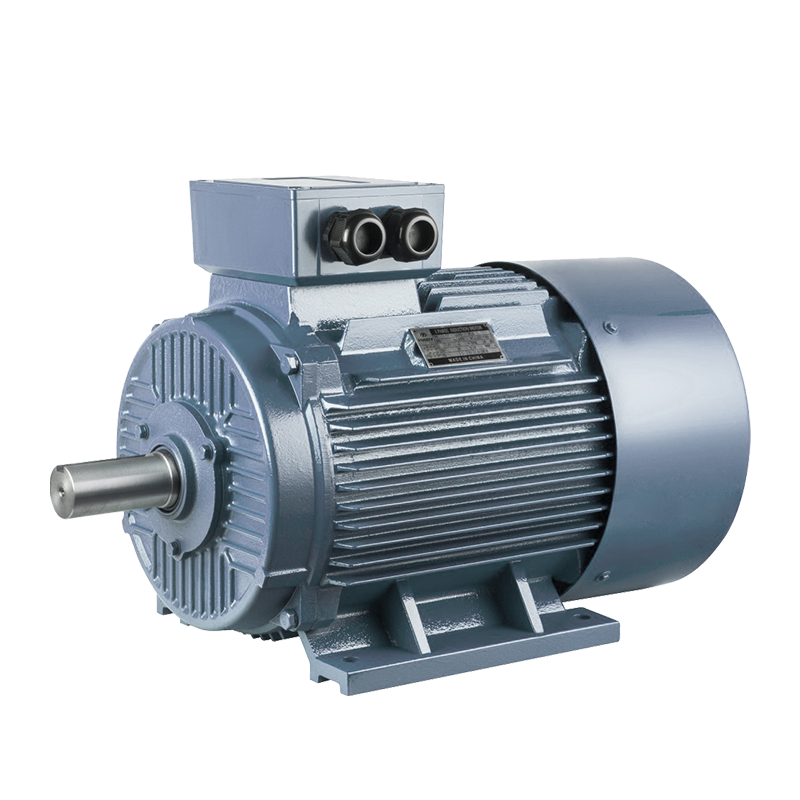 Electric Motor
Electric Motor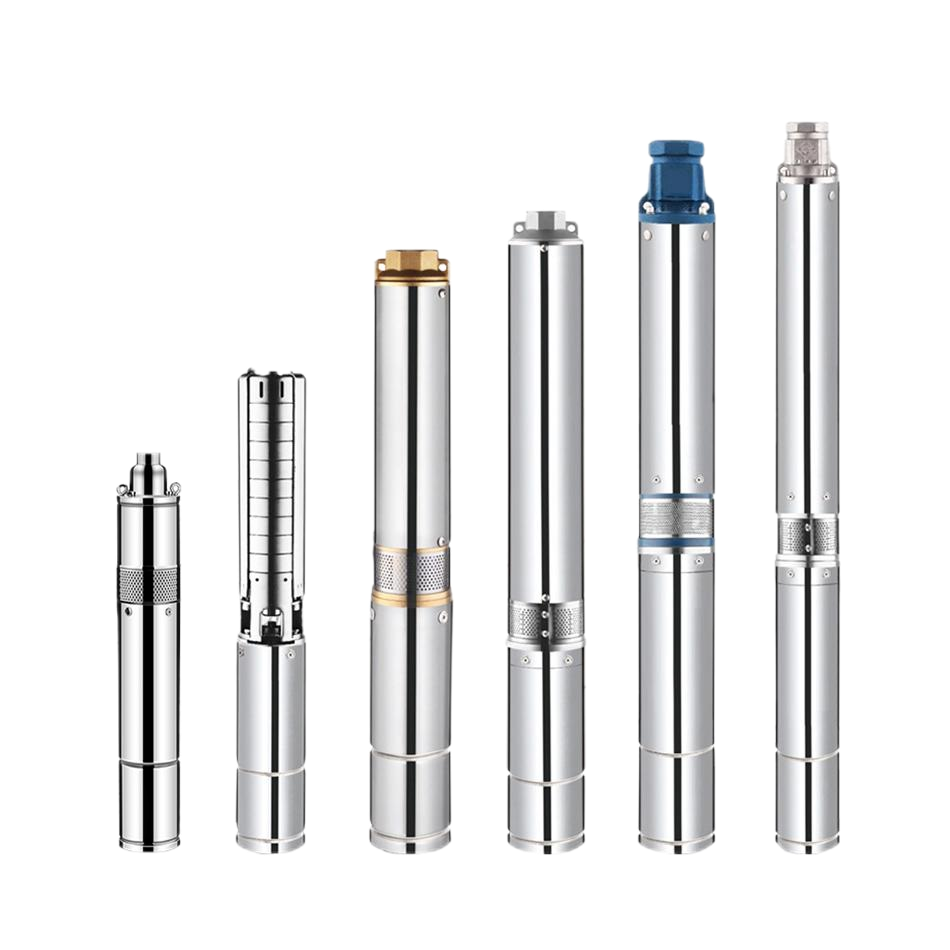 Borehole Pump
Borehole Pump







